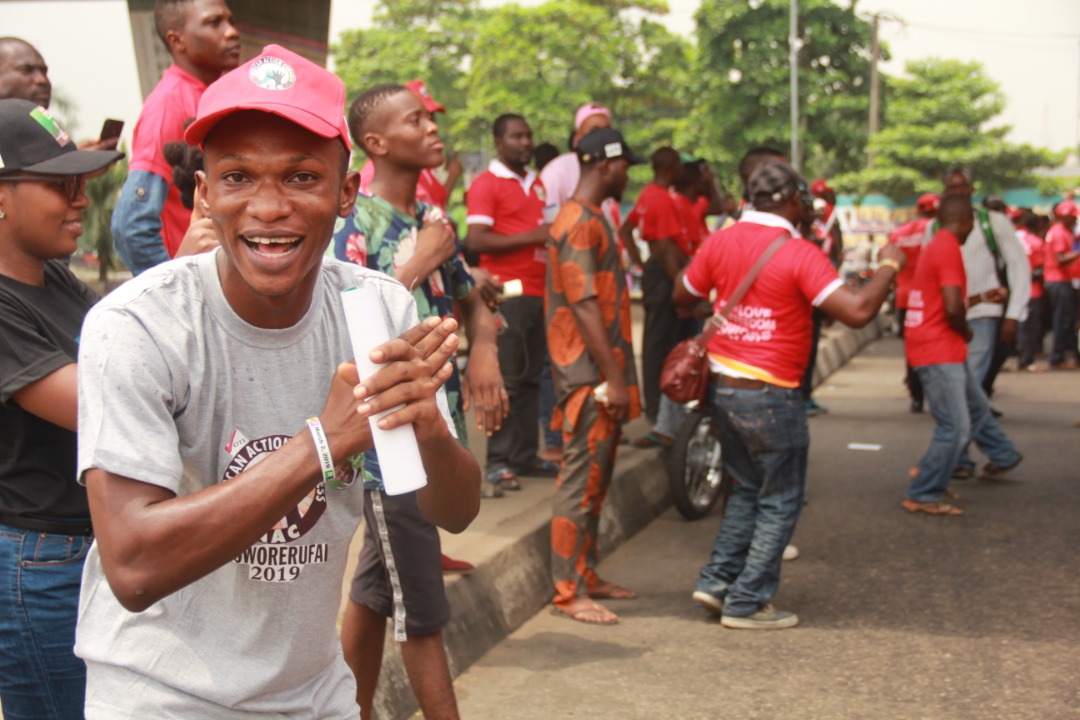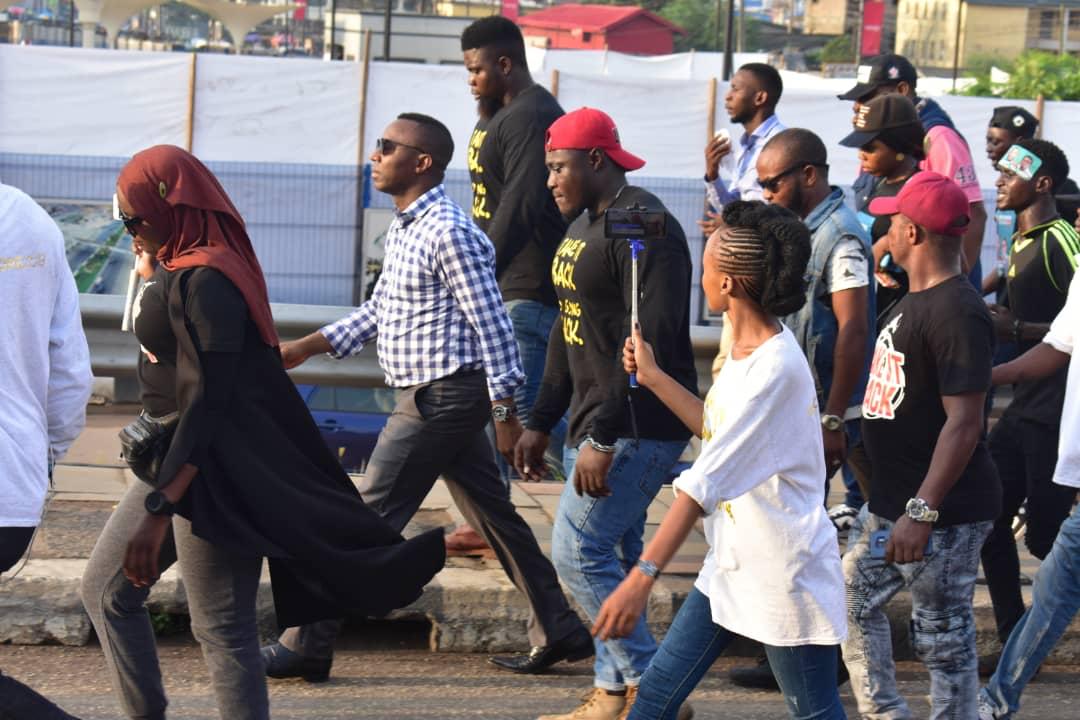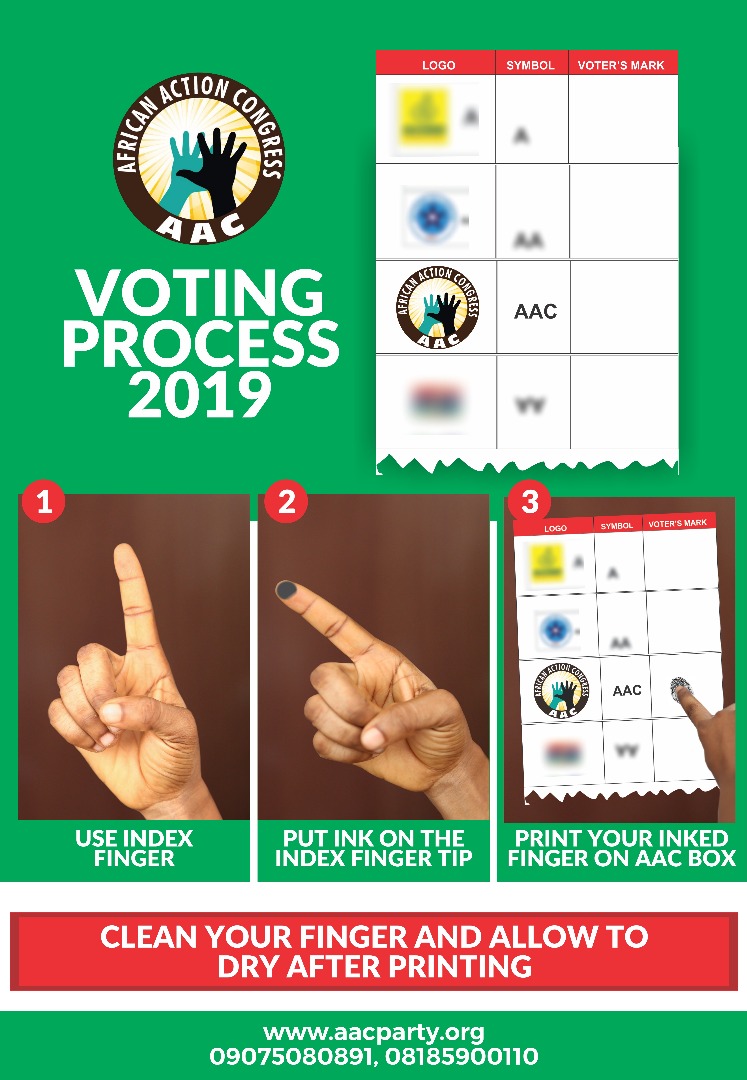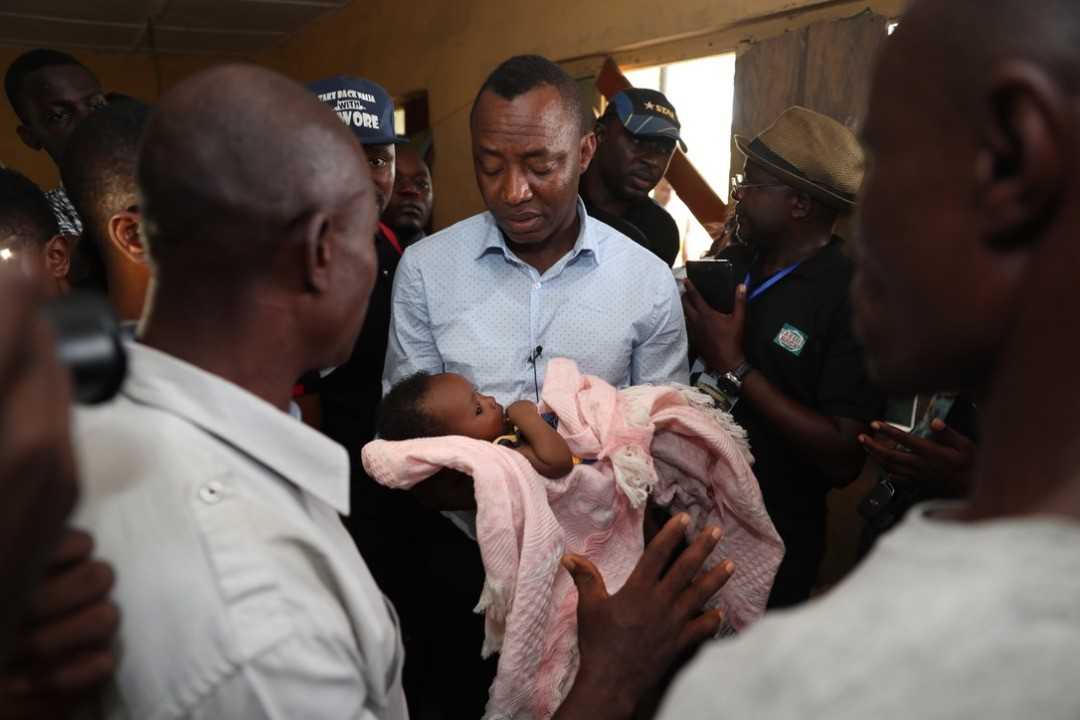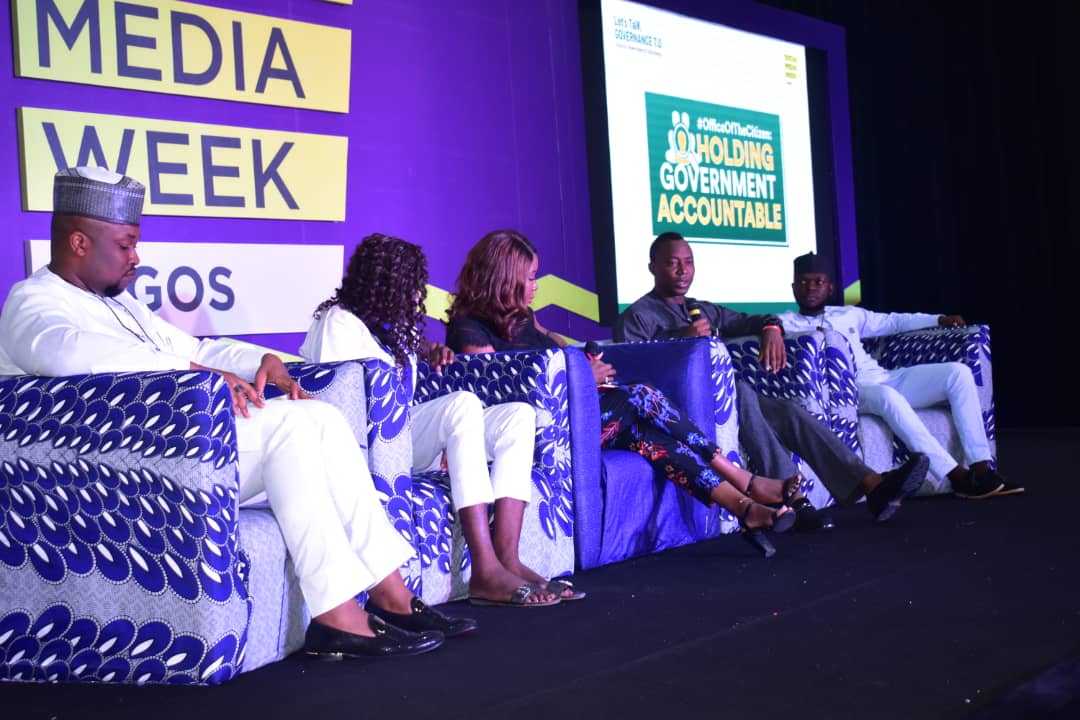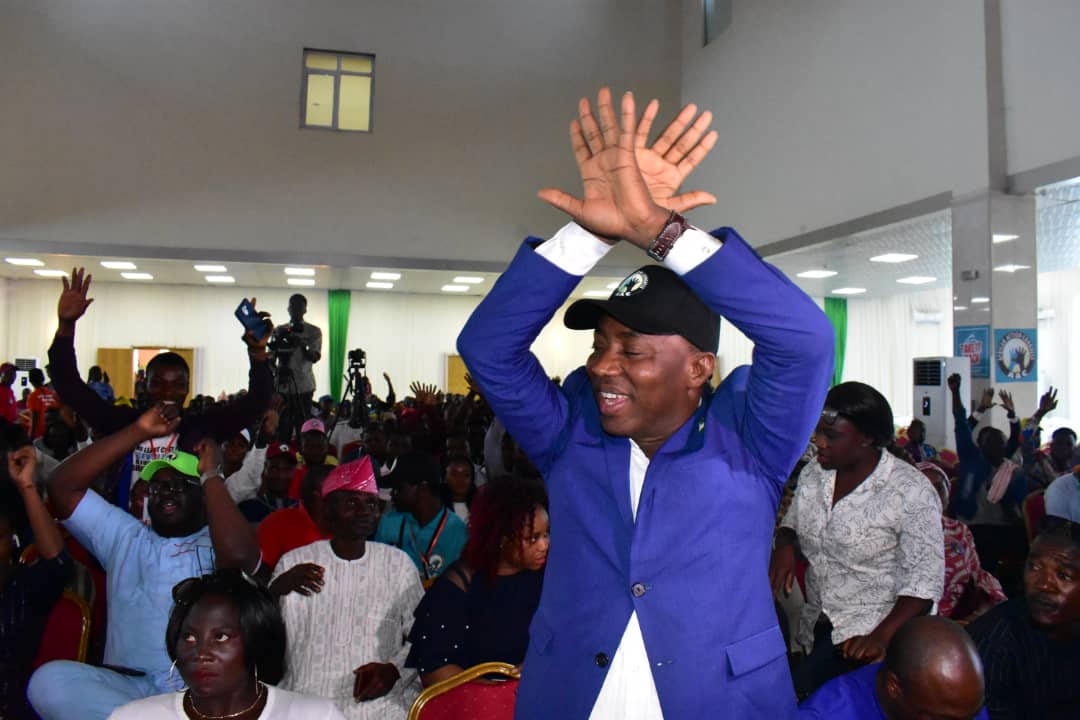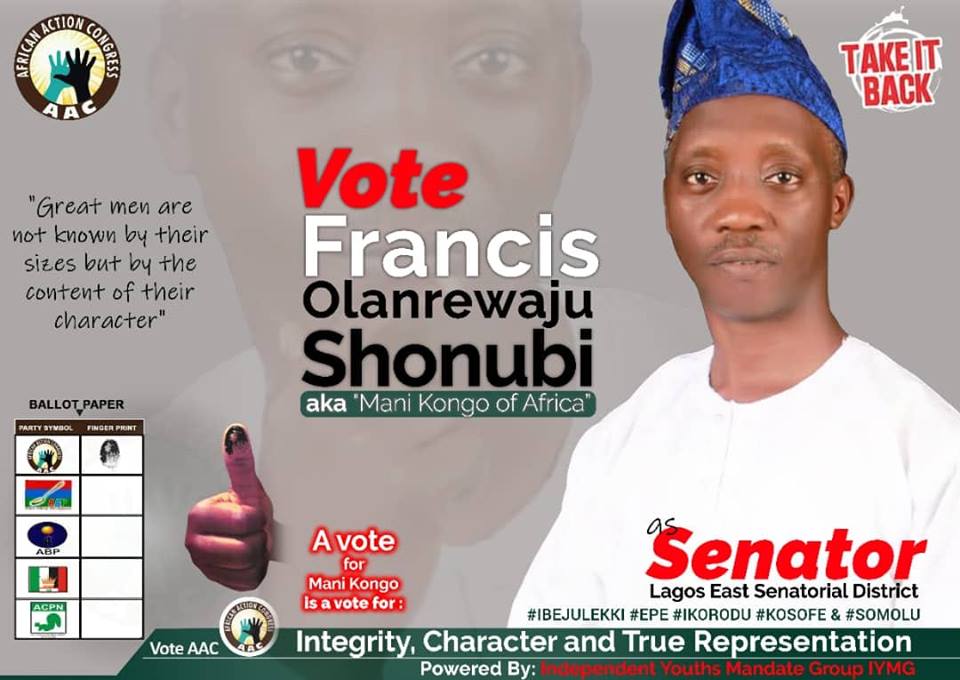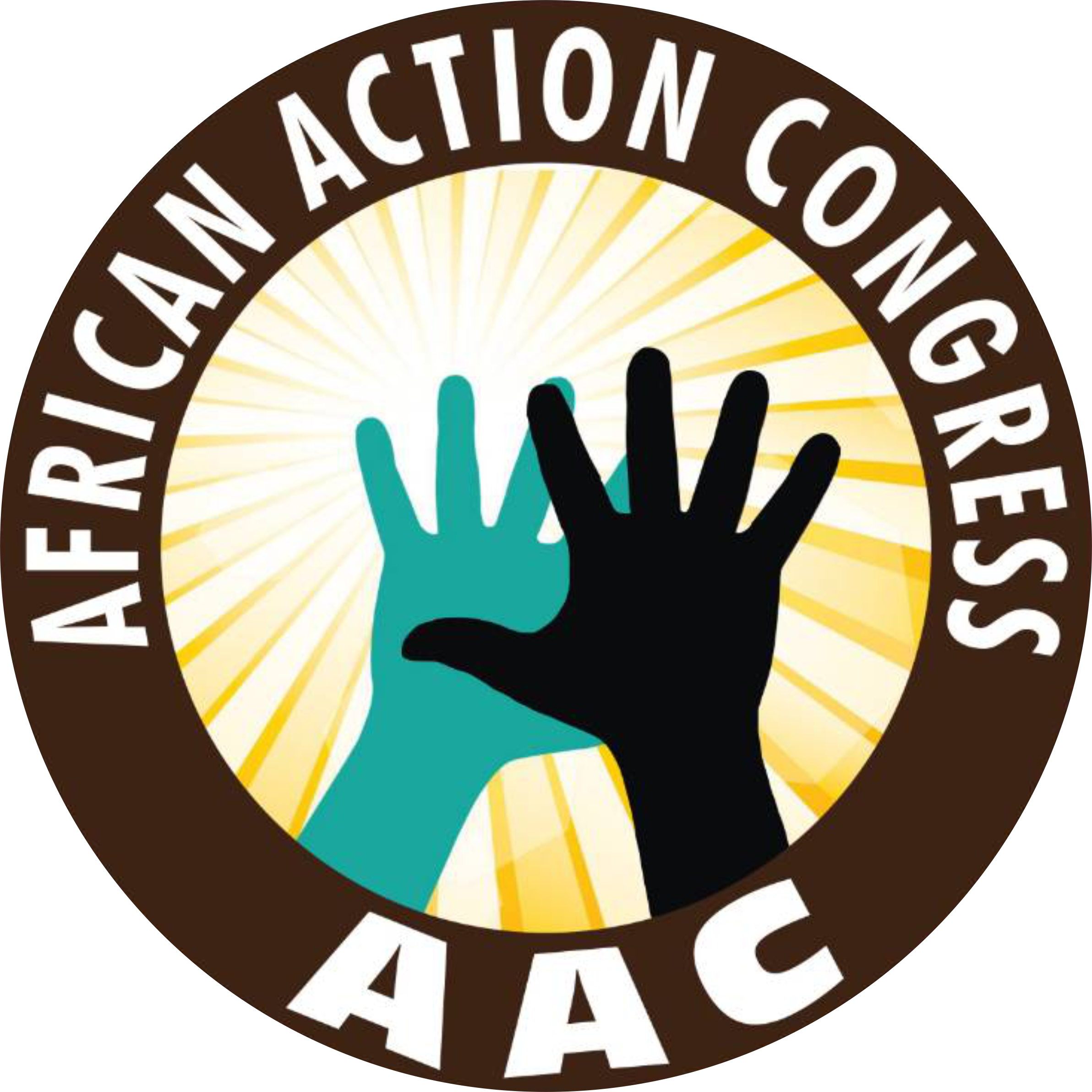The just concluded 2019 elections were fraught with baggage familiar with Nigerian elections. First of the issues was the postponement of the elections over logistics, consequently deflating the interest of anticipating Nigerians. Another was the President’s order to the military tasking them to shoot at sight any ballot-snatcher without any form of questioning or arraignment, and Nigeria, which once was grinded beneath military jackboot, did not hesitate to associate such plaguing of civilian communities with armed military personnel with terror. Also very troubling were the unimaginable terrors perpetuated by APC and PDP thugs across the nation. All these, amplified by social media among other factors, culminate into voters’ apathy.
The Advancement of Our Democracy and the Electioneering Process
But we associate our democracy with some seemly useful qualifiers. The most popular is its description as fledging. This qualifier forms the basis for some of our thinkers advocating for moderated expectations and mild interpretations of events. But one’s worry should be to answer the pertinent question of how the fledging would become mature and resilient to the vices of dangerous politicians and ploys. Ranges of lofty recommendations for the advancement of our democracy abound. One is the abolition of one of the legislatives arm as proposed by the AAC presidential candidate, Omoyele Sowore, arguing that the bicameral legislation is wasteful and slow. But while different recommendations abound, harrowing to attentive minds is the gory of the last Saturday elections – the violence – the electoral process that puts helpless citizens in harmful and precarious situation should be condemned and considered a crime.
But beyond the violence, social media pictures and videos show how different players hacked the current electoral process, perhaps the most telling is the clip of Aisha Buhari showing her husband, the current sitting president, who she voted for. The worst of the setbacks is the Polling Unit officers manually counting the votes and how manually the votes are aggregated, from LGA to FCT, shamefully taking over 48 hours to determine the winners of the elections. Yet, to advance our democracy, the urgency for all of us must be to re-imagine our electoral process for the emergence of a peaceful process that will not only be transparent but disallow all forms of intimidation while encouraging more participation of the Nigerian people and inclusion. But without deliberate and well organised mass based action such desired process will remain a mirage.
The Question of Electronic Voting (EV)
If electronic voting (EV) is adopted some, if not all, of the challenges will be overcome. With electronic voting, there will be no need of physical moving of ‘sensitive’ electoral materials to about 120, 000 polling units. This will therefore mean that elections won’t be postponed over logistics issues. EV will also come with the advantage of comfort and inclusion: since PVC already carries Polling Unit codes which is a derivates of State, Local Government, Ward and Polling Unit, votes can be easily aggregated by Polling Units without the voters having to travel to their polling units. But on the contrary, as at last elections, some people have to travel as far as 17 hours by flight in order to exercise their franchise. The possibility of EV also speaks to another advantage which is reduction of cost; the reduction of cost on the side of INEC and on the side of the voters. There could be online facility accessible by any computer or mobile device, or one may consider a possible reliance on already existing infrastructure i.e. the ATM machines. To further make a case for cost reduction, EV process will have no need of heavy deployment of security and the shutdown of socio-cultural and socio-economic process, therefore, people can still go ahead and have their business meetings while elections are going on and also people can have their marriage ceremonies without hitch while elections are going on. In addition, all the elections can be held in one day and collation of result could be done in less than 24 hours. And most importantly, EV will completely remove all forms of violence and voters intimidation since voters will not be required to converge to a particular location in order to exercise their civic right.
Why Not Electronic Voting
The demand for EV is not a new demand. What it lacks over time is the ability to garner critical mass support. Staring at the campaigners are huddles like constitutional reforms, adoption of voters and accessibility of such platform to uneducated Nigerian. The way to think about this is around useful statistics that may inform the possibility for its adoption. For example, as at January 2018, the Nigeria Communication Commission (NCC) reported that mobile phone users are about 146 million. This figure when merged with over 92 million internet users reported by Statista (2019) provides rare and interesting opportunities for more voters inclusion. This span of individuals included in the aforementioned data exceeds the number of voters we’ve recorded for elections since 1999. They can be educated on how to use the EV platform and how it works. They are also large number of Nigerians that can be expanded through voters education to be more representative of the Nigerian diversity. One lesson staring at us is that, giving the death toll of about 250 individuals, the maiming and stabbing, the last weekend elections struggle to garner only about 27 million voters, a figure that bares a shameful mark of decline. But for our nation to reach the utopia of election success, all actions must start right now to surmount the challenges and demand adoption of a better process such as EV.
